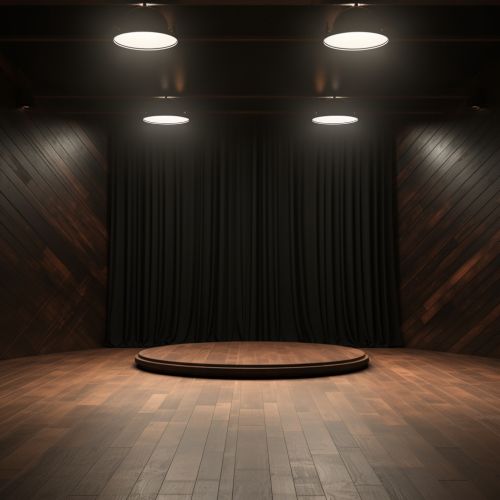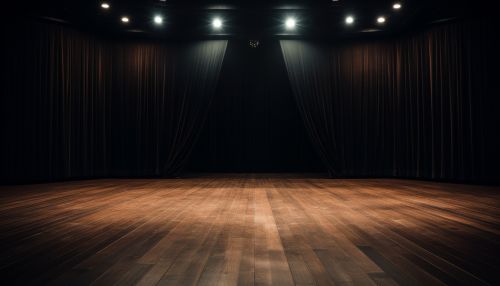Modern Theatre
Origins of Modern Theatre
Modern theatre, also known as contemporary theatre, is a broad term that encapsulates theatrical works produced from the late 19th century to the present day. This period saw a significant shift in theatrical practices, with a move away from traditional forms and conventions towards more experimental and innovative styles of performance. The origins of modern theatre can be traced back to the Industrial Revolution, which brought about significant social, economic, and technological changes that had a profound impact on the theatrical landscape.


Development of Modern Theatre
The development of modern theatre was influenced by a number of factors, including the rise of new philosophical and artistic movements, the advent of new technologies, and changes in societal attitudes and values. One of the key movements that shaped modern theatre was Realism, which sought to depict life as it is, without idealization or romanticization. This led to the creation of plays that focused on everyday life and ordinary people, with an emphasis on authentic dialogue and realistic settings.
Styles and Genres
Modern theatre encompasses a wide range of styles and genres, each with its own unique characteristics and conventions. Some of the most notable styles include Absurdism, Epic Theatre, Expressionism, and Postmodern Theatre. These styles often challenge traditional notions of narrative, character, and performance, and explore complex themes such as identity, power, and the nature of reality.
Influential Playwrights and Practitioners
There have been many influential playwrights and practitioners who have made significant contributions to modern theatre. These include Henrik Ibsen, often referred to as the "father of modern drama"; Bertolt Brecht, a key figure in the development of Epic Theatre; and Samuel Beckett, one of the leading figures of the Theatre of the Absurd. Their works have had a profound impact on the evolution of modern theatre and continue to be widely studied and performed today.
Modern Theatre Today
Today, modern theatre continues to evolve and adapt, reflecting the changing world in which it is created. It is characterized by its diversity and innovation, with practitioners constantly pushing the boundaries of what is possible in the theatrical medium. From immersive theatre experiences to digital performances, modern theatre continues to challenge and engage audiences in new and exciting ways.
